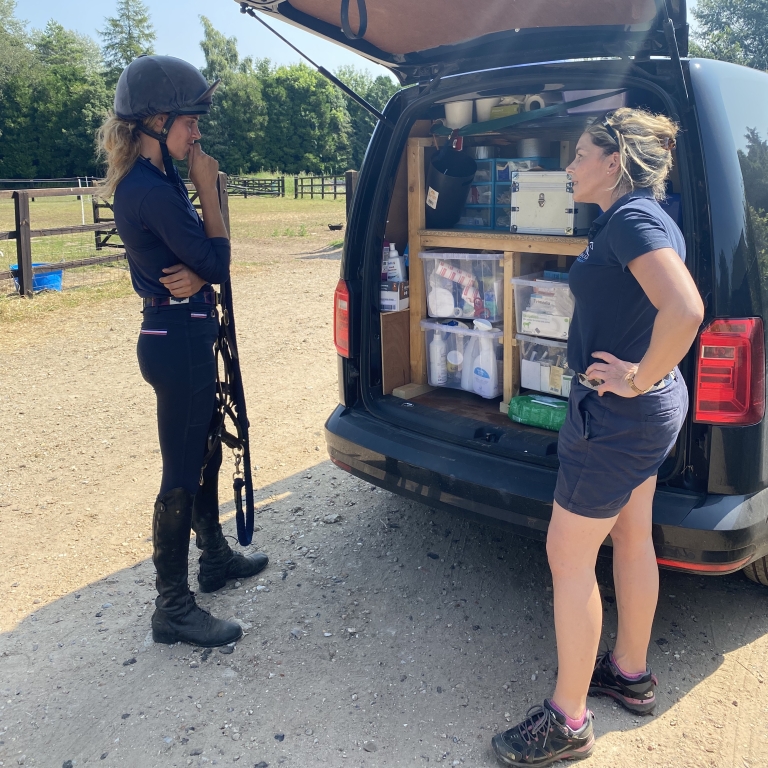
EVJ Lifts The Lid On The Relationship Between Human Behaviour, Attitudes And Actions And Equine Welfare
Understanding what drives human behaviour is at the heart of horse health, but studies in this area have been lacking in equine veterinary science: The Equine Veterinary Journal (EVJ) aims to address the shortfall with a special virtual collection of 20 articles on understanding owner behaviours and motivation. The collection is free to view here for 12 weeks and marks the collection’s guest editor David Rendle’s appointment as president of BEVA.
Research in equine veterinary science has hitherto focused primarily on the information needed to prevent and cure disease, with little attention paid to the attitudes and actions of horse owners, veterinary surgeons, and numerous other professionals to implementing science-based advice. This virtual issue, guest edited by David Rendle and Tamzin Furtado, brings together 20 thought-provoking papers highlighting work performed around equine stakeholder knowledge, attitudes and values.
“Behavioural studies are important in understanding health-related behaviours and in identifying potential barriers to change,” said David Rendle. “Failure to utilise behavioural science not only compromises the potential benefits of interventions but can result in overtly negative impacts on health.”
“Models suggest that in order to change behaviour, we first need to understand that behaviour and endeavour to understand the attitudes and values which contribute to the behaviour being performed, as well as the social and environmental factors which make the behaviour easier or more difficult to carry out.”
This special EVJ collection showcases studies that seek to understand horse owner behaviour around their horse’s health, supplementing clinical evidence with information about the real-life behaviours of equine owners and professionals and the factors that influence them.
It includes papers on horse owner knowledge and opinions on recognising colic, treating infectious disease, uptake of some of the most basic preventive health measures such as vaccination and deworming as well as attitudes and behaviour around equine obesity and laminitis. Other studies highlight the importance of professionals other than vets such as farriers, equine podiatrists, physiotherapists, dental technicians, chiropractors, and equestrian organisations such as the British Horse Society.
“As our understanding of the drivers of behaviour develops, pre-existing behaviour change models will help us to understand the barriers and enablers to uptake,” said Tamzin Furtado. “With dissemination of this knowledge, we have a better chance of communicating effectively and implementing change that will have a positive impact on equine welfare at individual, community, and national level.”
“This collection is both compelling and eye-opening,” said Professor Celia Marr, Editor of the EVJ. “It is dangerous to assume an understanding of the motivators of horse owner behaviours and actions; these papers confirm the current lack of comprehension, providing an invaluable insight, which will ultimately help us to accelerate improvements in equine veterinary practice and, most importantly, equine welfare.”
The virtual issue can be found at https://beva.onlinelibrary.wiley.com/doi/toc/10.1001/(ISSN)2042-3306.owner-behaviours and will be free to view until 26 December 2022.
More from BEVA

 3 years ago
3 years ago  926 views
926 views
